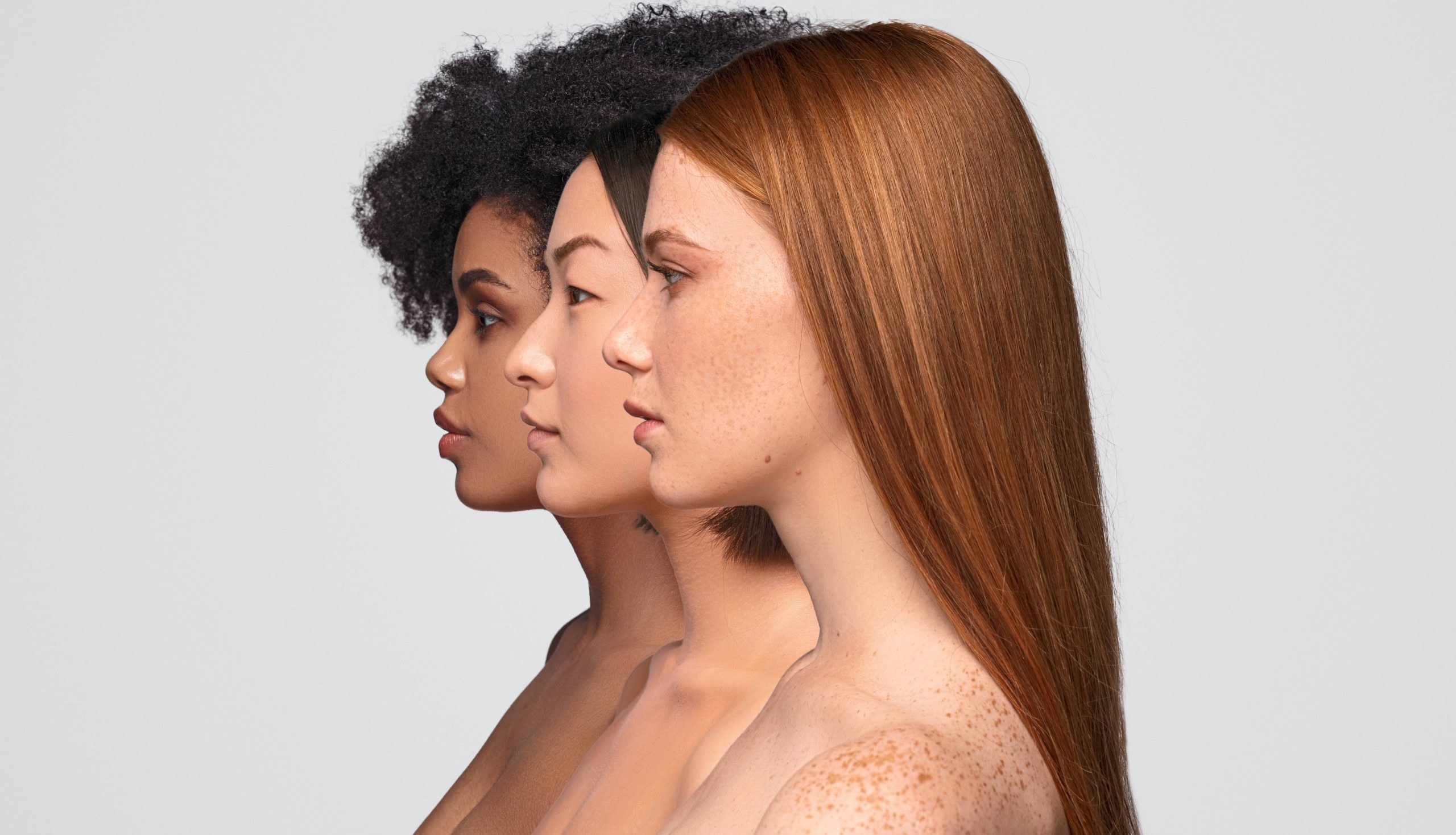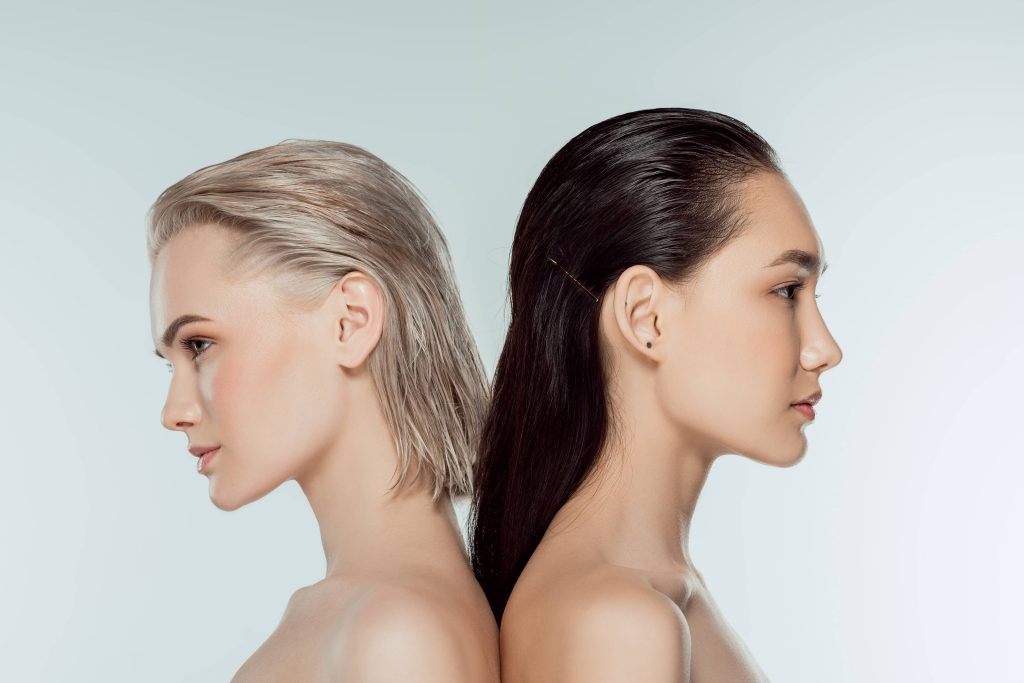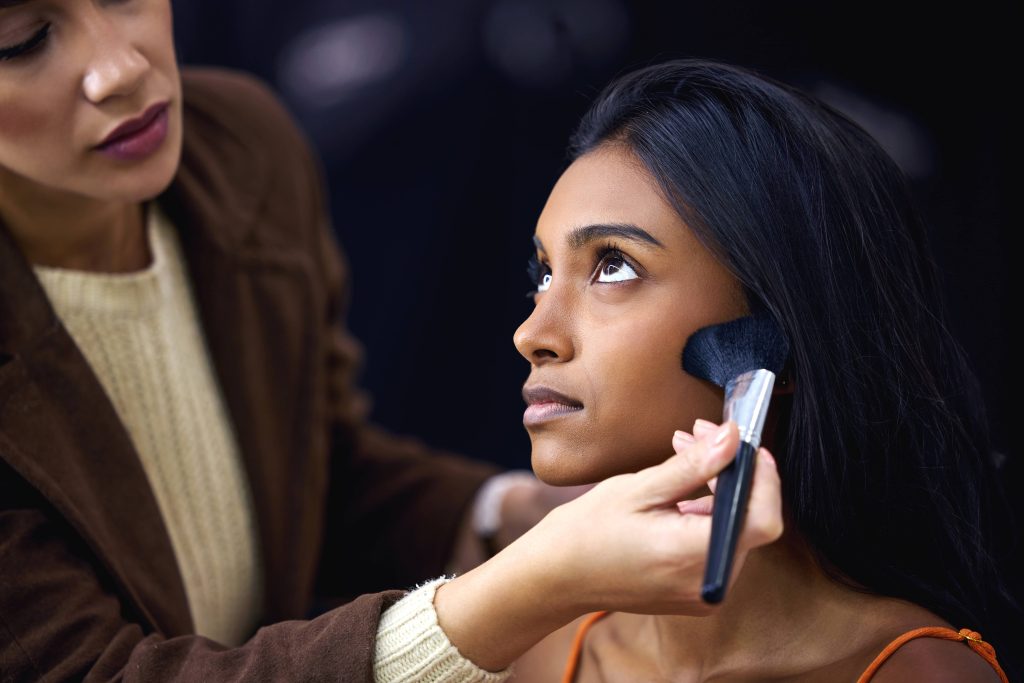
In recent years, the haircare industry has seen a significant shift towards natural and sulfate-free products. If you’ve ever browsed the haircare aisle or searched for advice on achieving your hair goals, you’ve probably encountered discussions about sulfates. But what exactly are sulfates, and why do they receive so much attention? Are they really as harmful as some claim, or do they have their place in your haircare routine? Let’s delve deeper into the realities of sulfates in hair products to help you make informed choices.
Understanding Sulfates
Sulfates, commonly found in shampoos and other cleansing products, are a type of surfactant. Their primary function is to lower the surface tension between ingredients, thus allowing the product to spread more easily and effectively. Sodium lauryl sulfate (SLS) and sodium laureth sulfate (SLES) are the most commonly used sulfates in haircare products. These components are responsible for creating that rich, foamy lather many of us associate with getting our hair squeaky clean.
The Cleansing Power of Sulfates
Sulfates are excellent cleansing agents. They work by attracting both oil and water, allowing for effective removal of dirt, oil, and product buildup from the scalp and hair strands. This is particularly beneficial for those who have oily hair or use a lot of styling products. The cleansing power of sulfates ensures that hair feels fresh and free from impurities.
The Downside: Dryness and Irritation
Despite their effective cleansing ability, sulfates are often criticized for their potential drawbacks. One of the main concerns is that sulfates can strip natural oils from the scalp and hair. Our hair relies on natural oils to maintain moisture, shine, and elasticity. When these oils are stripped away, hair can become dry, brittle, and prone to damage.
Furthermore, those with sensitive scalps or skin conditions such as eczema or psoriasis may find that sulfates exacerbate irritation or lead to itching and redness. The strong cleansing action can disrupt the natural barrier of the scalp, leading to dryness and discomfort.
Who Should Avoid Sulfates?
While sulfates are not inherently harmful, there are specific situations and hair types that may benefit from avoiding them:
1. Color-treated Hair: Sulfates can strip away color and cause fading. If you’ve invested time and money into coloring your hair, consider sulfate-free products to help maintain the vibrancy of your color.
2. Curly and Coily Hair: These hair types often require more moisture than straight hair due to their natural structure. The dehydration that can result from using sulfates can lead to increased frizz and breakage.
3. Sensitive Scalp: If your scalp is prone to irritation or dryness, choosing a milder, sulfate-free shampoo may alleviate these issues.
4. Dry or Damaged Hair: Hair that is already dry or damaged can further dehydrate or worsen in condition with the frequent use of sulfate-containing shampoos.
Embracing Sulfate-Free Alternatives
The popularity of sulfate-free products has risen dramatically, catering to those with specific haircare concerns. While sulfate-free shampoos may not produce the same rich lather, they generally cleanse just as effectively with gentler ingredients. By preserving the natural oils in your hair and scalp, these products can help maintain moisture and improve the overall health of your hair over time.
The Middle Ground: Moderation and Balance
While the move towards sulfate-free products is a positive one for many, it’s important to remember that not everyone needs to avoid sulfates entirely. For individuals with normal hair and no specific concerns with dryness or sensitivity, using shampoos with sulfates occasionally, especially after heavy product use, can be perfectly fine.
As always, understanding your own hair type and scalp needs is key to finding a balanced approach. For some, alternating between regular and sulfate-free shampoos provides the best of both worlds: thorough cleansing when needed and gentle maintenance in between.
Making Your Choice
When deciding whether to include sulfates in your haircare routine, consider factors like your lifestyle, environmental exposure, and hair type. Read labels and understand ingredient lists to make better choices. Remember that haircare is not one-size-fits-all, and what works for one person may not work for you.
Conclusion
The conversation surrounding sulfates in haircare is nuanced and personal. While they are effective cleaning agents, the needs of modern consumers have led to the rise of sulfate-free alternatives that promise healthier, more nourished hair. Ultimately, your decision should rest on your unique hair needs, listening to what your hair responds well to, and perhaps a bit of experimentation. Whether you choose to embrace sulfates in moderation or swear by sulfate-free options, the key is to maintain a routine that respects your hair’s natural balance and health.



